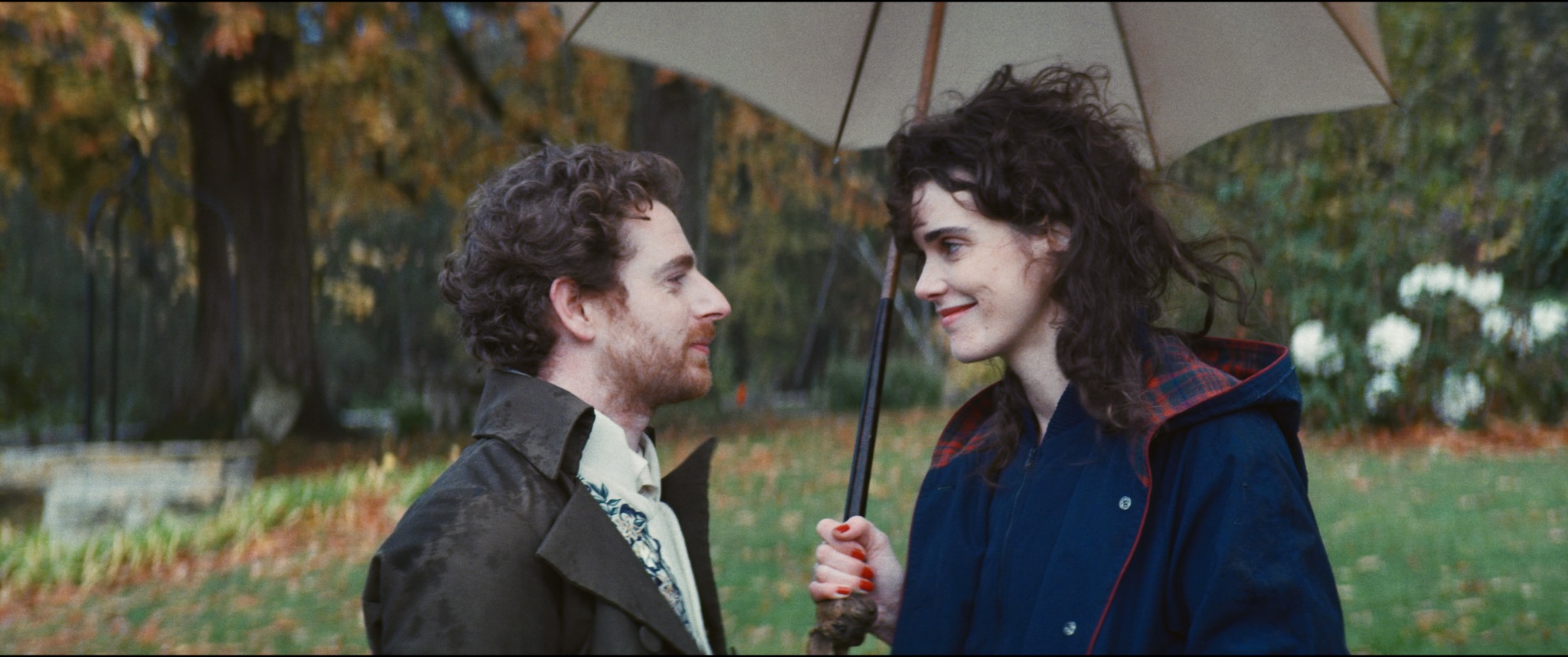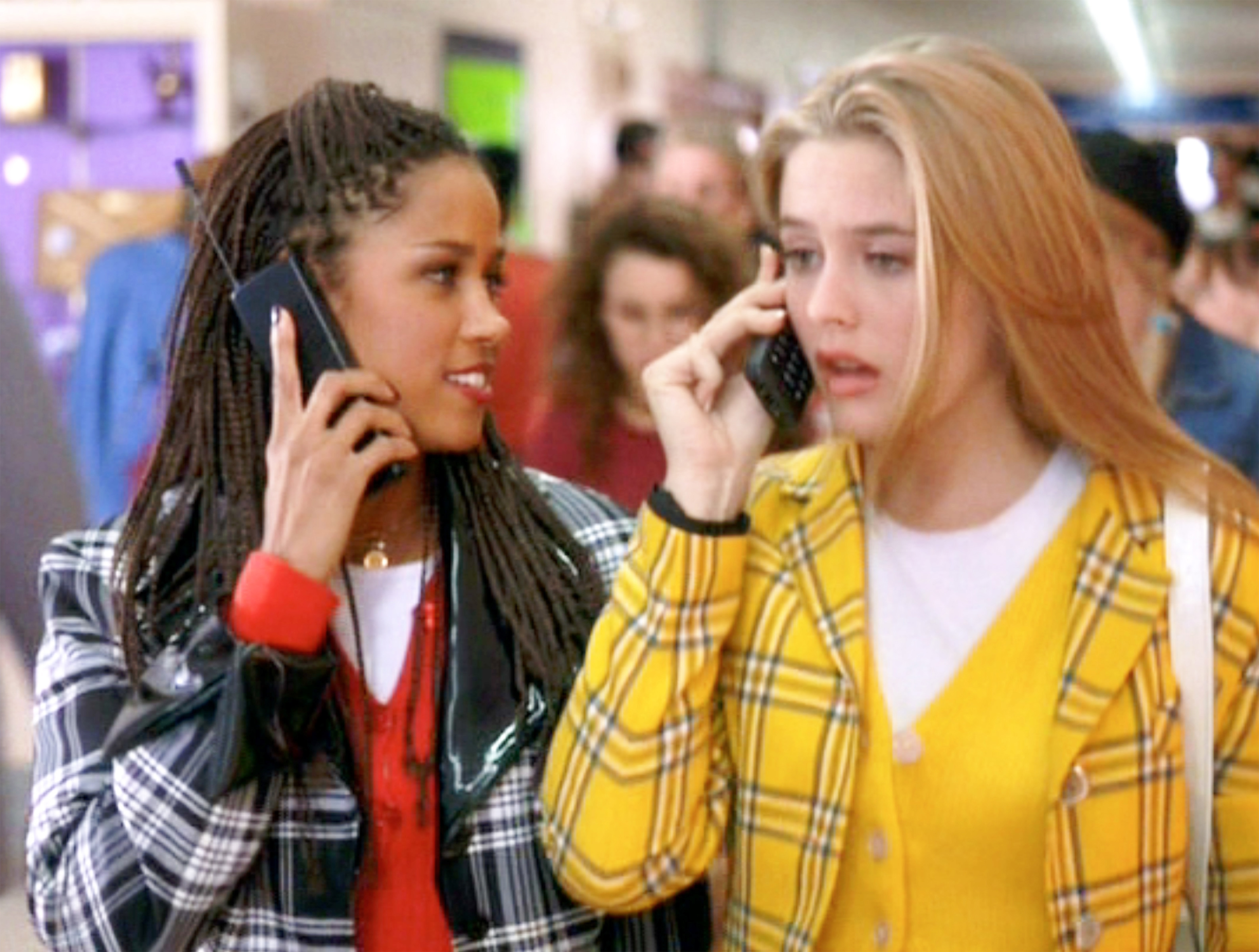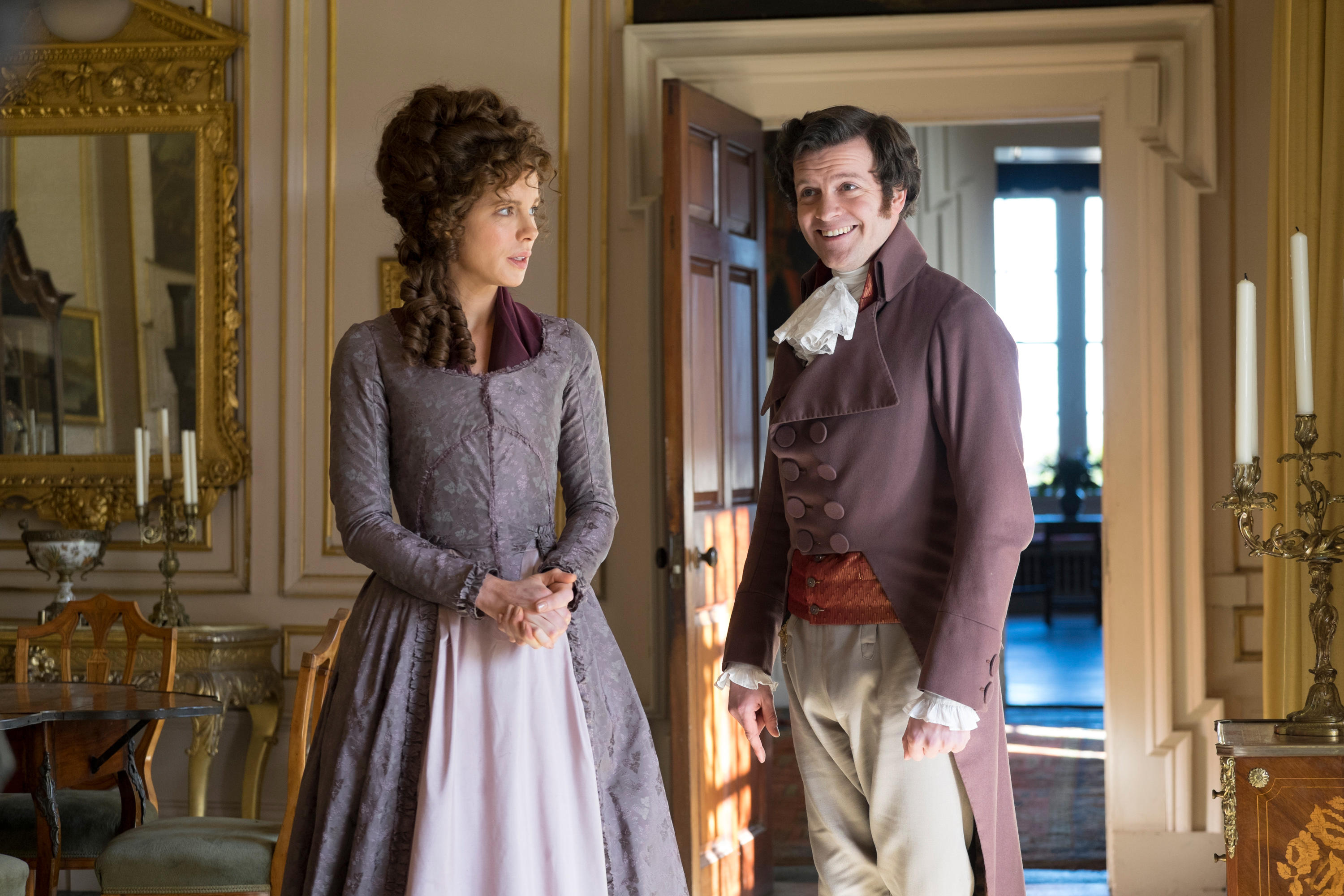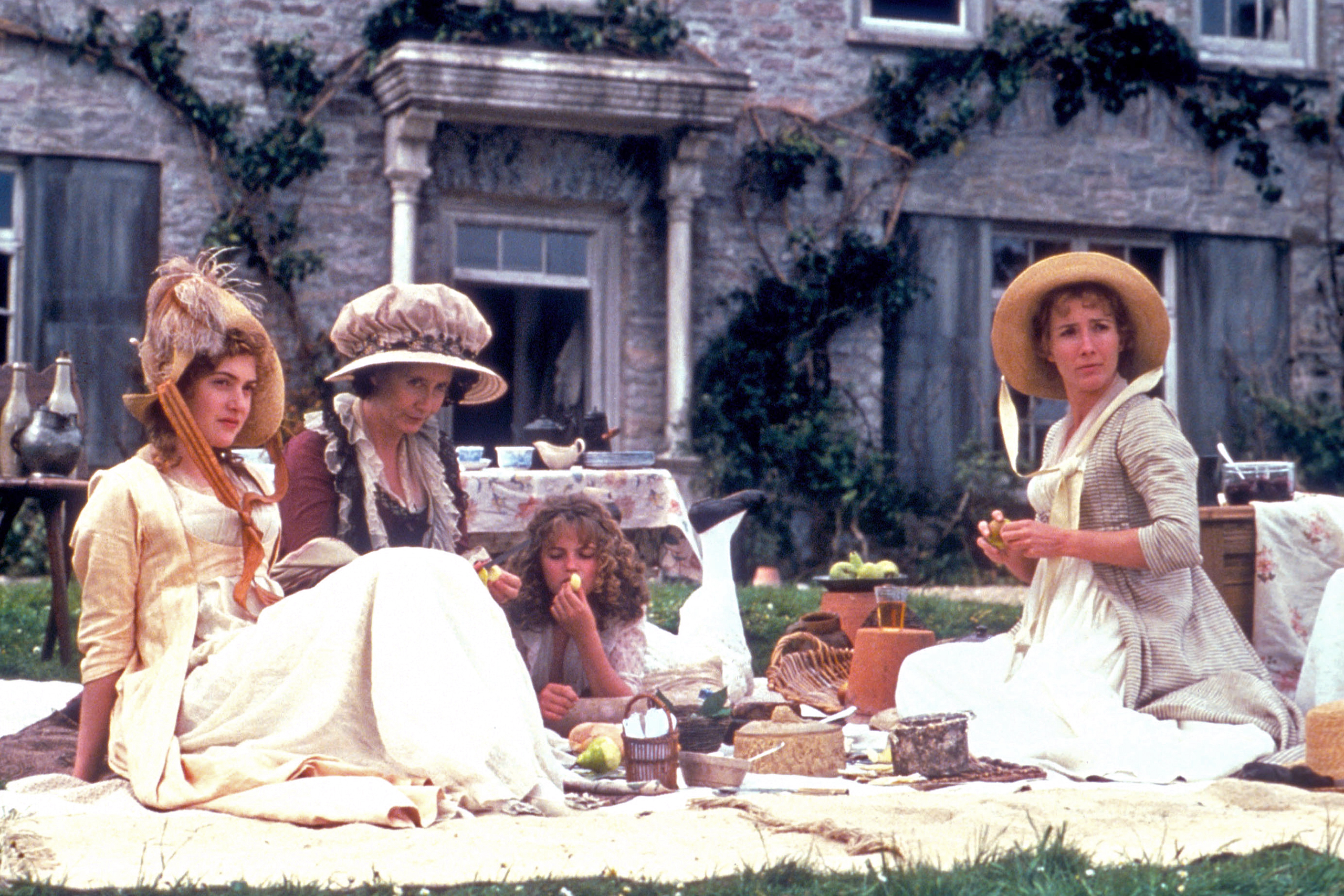Officially, the semiquincentennial of Jane Austen’s birth — that’s the 250th anniversary, in less ostentatious language — isn’t until December, but intentionally or otherwise, the film industry has started the celebrations early. Ang Lee’s delicious 1995 adaptation of Sense and Sensibility, starring Emma Thompson, is back in UK cinemas this weekend, also celebrating a significant birthday a few months in advance. The rerelease comes a few weeks after the production of a new film version, directed by Georgia Oakley and starring Daisy Edgar-Jones, while Netflix and Dolly Alderton have just lined up Emma Corrin, Jack Lowden and Olivia Colman for an upcoming miniseries of Pride and Prejudice.
You could say Jane Austen is having a moment, but when is she not? Cinema has long fed off the author’s crisp, lucid, still-modern style of romantic storytelling, whether adapting her work directly or riffing on it as in the easy-breezy French comedy Jane Austen Wrecked My Life. Recently out on VOD platforms, Laura Piani’s film stars the very likeable Camille Rutherford as a Parisian aspiring novelist and Austenophile who wins a place on a British writing retreat staffed by the author’s descendants — among them an uptight, Darcy-esque literature professor to whom she takes an instant dislike. Guess what happens.

Jane Austen Wrecked My Life
Consider it part of the Austen cinema canon by degrees: effectively a Gallic take on Bridget Jones’s Diary, which very loosely modelled itself on Pride and Prejudice. Indeed, the Austen-referencing contemporary romcom is practically its own subgenre: see Jerusha Hess’s Austenland, which works even more loosely around the contours of Pride and Prejudice, and gently satirises the gaudy Anglophilia of American literary tourists.
If you’re after direct Austen adaptations, however, Lee and Thompson’s film — also widely streamable, for those who can’t get to a cinema — remains the gold standard: bright and rain-splashed and flushed with a genuinely romantic giddiness, its touch remains as light as its tongue is sharp. (If you haven’t read the novel in a while, it’s hard to discern Austen’s own one-liners from Thompson’s seamlessly witty additions.) It was the pick of a mid-90s flurry of Austen films and TV series, though many who swooned over Colin Firth at the time would loyally plump for the BBC’s spry six-part Pride and Prejudice, which established screenwriter Andrew Davies as the author's most faithful television servant: he’s since brought Sense and Sensibility, Northanger Abbey and even Austen’s unfinished manuscript Sanditon to the small screen.
Davies’s 1995 interpretation of Pride and Prejudice may well be definitive, but different generations will pick their favourite: a decade after, the hearts of a younger crowd quickened over Keira Knightley and Matthew Macfadyen in Joe Wright’s handsomely rustic film version. My personal winner is a film version of Pride and Prejudice from 1940, born out of a Hollywood studio system then surprisingly uninterested in Austen: Laurence Olivier and Greer Garson are a wonderfully refined, acidically sparring Mr Darcy and Elizabeth Bennet, even if its lavish, Oscar-winning production and costume design strays wildly far from Regency authenticity.
But then Austen’s most-filmed novel has endured more drastic liberties, from the spangly Bollywood makeover of Bride and Prejudice to the fast-fading prankery of Pride and Prejudice and Zombies. More recently, Andrew Ahn’s Fire Island roughly transferred the story to the realm of today’s gay hookup culture, and was none the worse for wear.

Clueless
The finest modern-dress Austen adaptation, however, remains Clueless, Amy Heckerling’s effervescent “valley girl” makeover of Emma (also from 1995, really the annus mirabilis of the author’s latter-day legacy). Retaining the novel’s wicked humour and pathos while devising its own memorable comic lingo, it’s still a more substantial film than either of the two perfectly enjoyable period Emmas we’ve had since: Douglas McGrath’s floaty 1996 version starring a game Gwyneth Paltrow, and Autumn de Wilde’s fabulously dressed one with Anya Taylor-Joy.
Persuasion, meanwhile, has only been done justice on the small screen (though Roger Michell’s sharp, sensitive 1995 TV film was a cinema release for audiences outside the UK). If we all agree to pretend Netflix’s dire 2022 version with Dakota Johnson never happened, it feels fair game to tackle again. As is the strangely under-adapted Mansfield Park, treated with astute feminist intelligence by film-maker Patricia Rozema in her 1999 film with an excellent Embeth Davidtz.

Love & Friendship
But it’s the American director Whit Stillman who really struck gold by taking Austen’s less celebrated epistolary novel Lady Susan and turning it into the glorious Love & Friendship, starring a never-better Kate Beckinsale as a canny, social-climbing widow and the riotous Tom Bennett as her dimmest mark. It’s the most purely hilarious of all Austen movies, and proof that in literary adaptation, it often pays to browse the dustier shelves.
Newsletters
Choose the newsletters you want to receive
View more
For information about how The Observer protects your data, read our Privacy Policy
Photographs by Getty; Alamy

